|
Energy
is the potential of the universe(s) and is manifest in myriad forms.
Power is the rate at which energy is manifest. In other words, power is
the measure and energy is the measured. It is commonly symbolized thus:
Power
= Work/Time
Note:
it is common practice in Anglo-American countries to confuse power (the
measure) with energy (the measured). For instance Bulk-generated
products are commonly symbolized as power*.
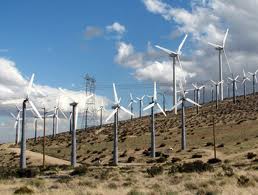
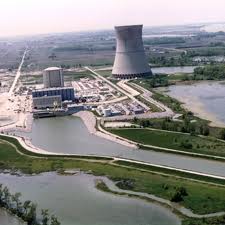
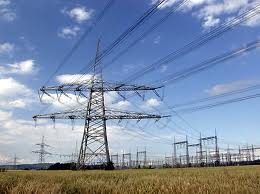
 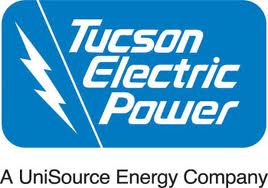 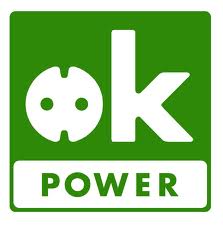
Examples from
the thousands of symbol uses on the Internet equating
Bulk-generated electrical products with power.
This is the most
fatal error we can make and puts humanity at peril. It evidences a
profound denial of stewardship/change and this tends to be reflected in
unsustainable individual behaviour and societal systems.
In
as much as energy is manifest in every aspect of existence then every
aspect of existence has power i.e. has a measurable manifestation. Thus
to symbolize a form as power denies the existence of all other
forms and the transient nature of all forms.
Lord
Kelvin said, “To measure is to know”. He also said, "If
you can not measure it, you can not improve it." When we confuse our measure with the measured we destroy our capacity to
know how the universe(s) work and to experience the state of science.
Instead we live in ignorance of all the sustaining options and
opportunities available. This is especially true when we symbolize energy,
power and electricity as the same. This is a guaranteed recipe
for ignorance, waste, pollution, war and civic collapse.
So
understand that no form or aspect of existence can be called power,
for power is a measure of the rate of change. However there are
as many measures as there are forms or aspects of existence. Give each
measure its own symbol reflecting the unique properties of each form.
For instance, common measures are:
*
Manpower (7.46 Watts),
*Horsepower
(33 foot-pounds per minute, 75 kilogram-meter per second etc, 750 Watts)
* Solar power (BTUs or amount of heat required to raise
one pound of water one degree 1ºF or Watts or calories, etc)
* Social power (the relative capacity to affect social
change),
* Electrical power (watts or joules/second or volt amperes
or 1/746 horsepower)
An
indication of the range of ways of measuring the rate of change can be seen at the
conversion sites. As
our power to measure grows so too the rate at which we learn and
accumulate knowledge increases.
In
summary
Know
power is no thing and is the rate of change. It is the capacity
of something to change over time.
It is the rate at which the universal potential is manifest.
Give
a symbol to every manifestation of power (horse power, ant power,
elephant power, human power, electrical power, cloud power, solar power,
redwood power, wheat power etc, air power, thermal power etc) and our
children will enjoy greater harmony with the changing balances and flows
of our universe(s). They will better understand, for instance, the
resources being destroyed when they drive a 200 horsepower or 2000 human
power car
*
Footnote: Re the symbolization of power as Bulk-generated electrical
products.
The
power symbol was probably first associated with an electrical
product in the 1880s as researchers discovered how to reticulate
electrical currents through wires and to measure the potential change of
the current. Very rich merchant bankers, such as J P Morgan, immediately
saw the potential of this resource as a means of gaining control over
global resources. Initially the warfare for control was between
Alternating Currents (AC) and Direct Currents (DC) in what is known as
the Battle of the Currents.
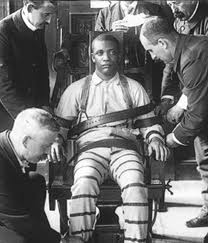
The electric chair was invented as part of the
ruthless battle to control our electrical potential
AC
systems dominated after it was shown they could transfer Bulk-generated
electrical products over long distances more effectively that DC. The
systems involving the Bulk-generation of products offer the
merchant-bankers unprecedented ways of controlling the flow of capital
and directing it out of communities for their personal gain. They gain
from being able to provide the large blocks of capital required for the
construction of large generating plant; controlling many of the
reticulation systems and thus how dwellings and appliances are designed
and used; and the Bulk-generation plant enables them to maximize their
short-term profits from their control of fossil fuel resources.
Thus
the 20th Century and this century is characterized by
constant warfare as these merchant bankers wage war on all alternative
uses of our electrical potential that might compete with their products.
Their methods of warfare include bribery of politicians, purchase of
major media systems, negotiating massive systems of subsidies for their
industrial structures and the re-engineering of our language. In
particular they have successfully ingrained in our legislation, media,
education and other institutions the equation: energy = power =
electricity = Bulk-generated electrical products.
The
result is economic structures that are imploding because the centralized
systems have generated phenomenally wasteful uses of resources and the
destruction of sustaining ???
Here
is a simple association test that illustrates the overwhelming success
of the merchant bankers' re-engineering of the power symbol. What is the first thing you now associate the following symbols
with?
Power
Power sector
Power summit
Power company
Power generator
Power retailer
Power consumer
Power bill/account
Power price
Power shop
Power station
Power plant
Power station
Power flow
Power grid
Power pylon
Power pole
Power wire
Power board
Power meter
Power man
Power switch
Power plug/socket/point
Power extension
Power tool
Power crisis
Power surge
Power outage
Power failure
It is instructive to now attempt to see if you can
imagine alternative associations with these symbols e.g.
Power company = farmer (a business transforming solar energy into food)
Power surge = growth spurt in child
Power station = railway station
Power generator = the sun, a plant, you…
Etymology power
[Middle English, from Old French pooir, to be able, power, from Vulgar Latin *pot
 re, to be able, from Latin potis, able, powerful; see poti- in Indo-European roots.] re, to be able, from Latin potis, able, powerful; see poti- in Indo-European roots.]
Page last updated:
July 2010
TOP
|